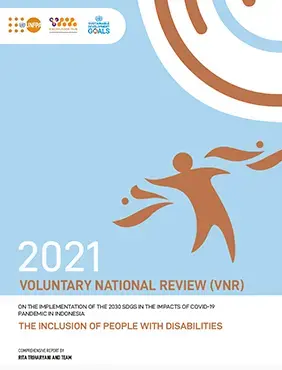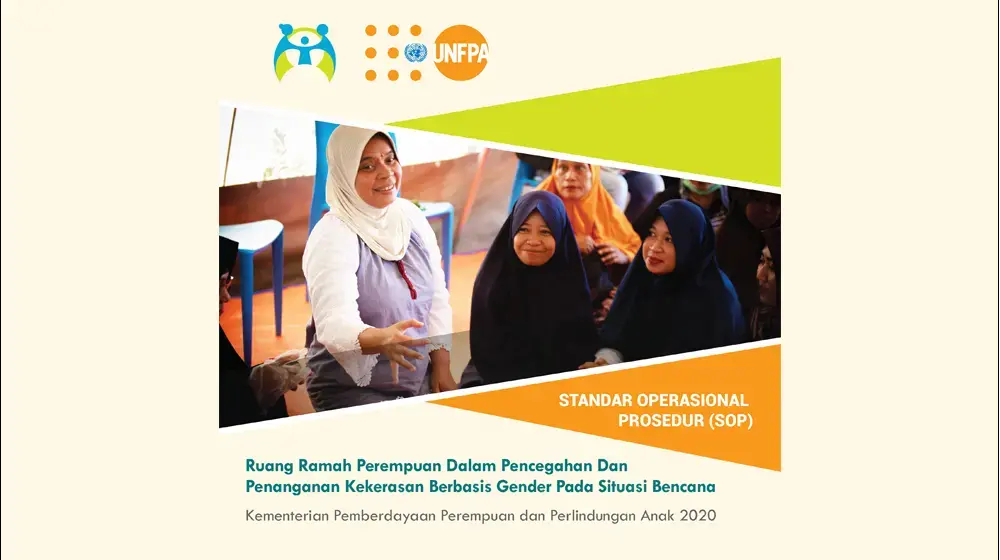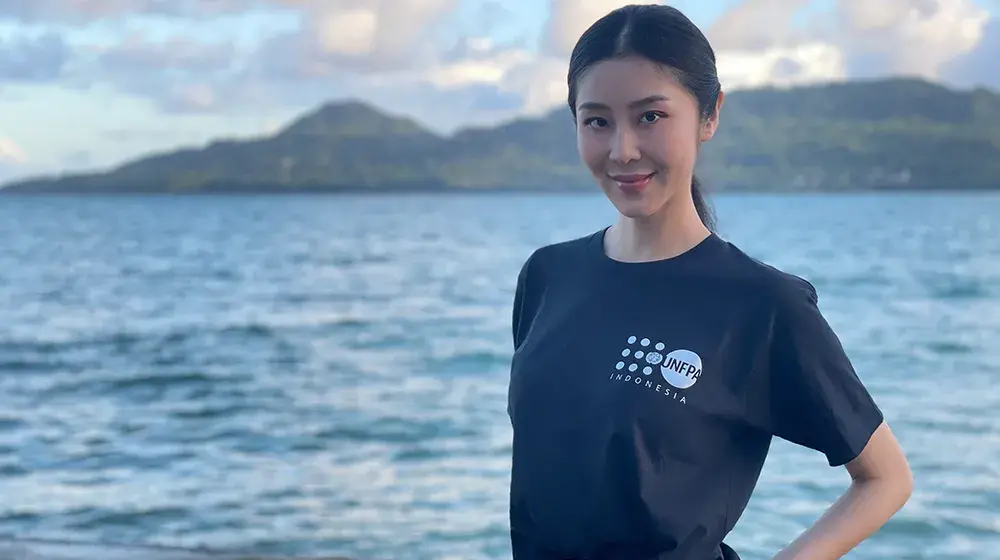Indonesia supports the new Agenda 2030 Sustainable Development Goals, with 17 goals and 169
targets. The important part of the follow-up process is the Voluntary National Review (VNR),
where countries voluntarily register and report their progress in the implementation of the 2030
Agenda and the Sustainable Development Goals (SDGs). Aligned with the 2021 High Level Political Forum
agenda, VNR 2021 reporting focuses on sustainable and resilient recovery from the COVID-19 pandemic
that promotes the economic, social and environmental dimensions of sustainable development, namely
building an inclusive and effective pathway to the achievement of the 2030 Agenda in the context of the
decade of action. and achieve sustainable development. The cross-sectoral reports on the SDGs goals
that will be discussed are on goal 1 no poverty, goal 2 on zero hunger, goal 3 on good health and wellbeing,
8 on decent work and economic growth, 10 on reducing inequality, 12 on consumption that
responsibility and production, 13 on climate action, 16 on peace, justice and strong institutions, and 17 on
partnerships, which in this report will focus on progress towards achieving the 9 goals of VNR 2020 on
the issue of persons with disabilities. The issue of people with disabilities is a cross cutting issue where
each goal achievement has a role in improving the lives of people with disabilities in Indonesia,
specifically in cross cutting issues with gender issues, in this report we consultants who collaborate
with UNFPA will also help the VNR 2021 Bappenas consultant to see the condition of people with
disabilities women with disabilities, especially in goal 3. Although there has been progress in fulfilling
the rights of persons with disabilities in Indonesia, the condition of women with disabilities is still
lagging behind compared to male with disabilities. The United Nations Convention on the Rights of
Persons with Disabilities (CRPD) highlights the fact that the majority of persons with disabilities live in
conditions of poverty, and recognizes the critical need to address the negative impacts of poverty on
persons with disabilities which have an impact on the difficulty of persons with disabilities to obtain
adequate education, access health services and access to formal employment, this has an impact on
the circle of poverty for persons with disabilities is still difficult to break. Responses to these global
challenges are outlined in the 2030 Agenda for Sustainable Development, at the point of which is a
commitment to end poverty everywhere and leave no one behind. It predicts a better future for everyone,
which will ensure that everyone has a decent, dignified and fruitful life, and reaches his full human
potential by eradicating poverty in all its dimensions. The implementation of the 2030 Agenda should be
guided by the CRPD to change the lives of people with disabilities around the world.




